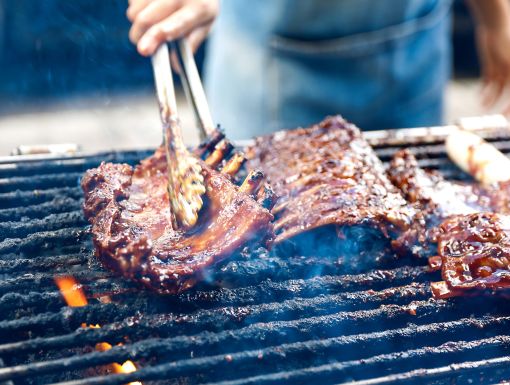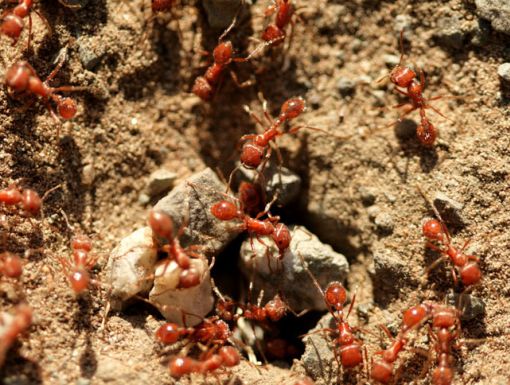
7 Do's and 6 Don'ts for 2024 Picnic Food Safety
Outdoor picnics are a quintessential warm-weather activity. But just as important as remembering to pack napkins and a picnic blanket is having good food safety practices to prevent your family and friends from getting sick.
Keep summer picnics fun and safe by avoiding these common food-safety mistakes. Foodsafety.gov lists these do’s and don’ts to help keep your food safe:
Do:
Always wash your hands with soap and water before handling, preparing, or serving food.
Wash your hands after handling raw meat, eggs, and fish.
Keep ready-to-eat and cooked foods separate from each other.
Use separate cutting boards for raw meat/seafood and for fruits, veggies, and ready-to-eat foods.
Always refrigerate food within two hours of cooking or eating.
Thoroughly clean and sanitize kitchen and food preparation surfaces.
Make sure meat, eggs, seafood, and poultry are cooked properly by using a food thermometer to check the internal temperature (see below).
Don’t:
Never taste food to see if it's still good, because you may not be able to taste or smell germs. Instead, throw food out after it expires.
Never put cooked meat on the same plate you used for raw meat.
Do not allow dishes or utensils that were used for raw food to touch cooked food.
Never thaw food on the counter. Instead thaw in the refrigerator, microwave, or in cold water.
Don't wash meat, poultry or eggs. Doing so may spread harmful bacteria.
Don't eat foods at higher risk for salmonella contamination, such as undercooked eggs, raw eggs, or products that contain raw egg, such as cookie dough, undercooked meat or poultry, or unpasteurized milk.
Safe internal cooking temperatures:
Precooked ham (to reheat) – 140 degrees Fahrenheit
Steaks, roasts, chops – 145 degrees
Fresh pork – 145 degrees
Fin fish – 145 degrees or cook until flesh is opaque and separates easily with a fork
Ground beef, pork, veal, lamb – 160 degrees
Egg dishes – 160 degrees
Chicken and turkey – 165 degrees
Leftovers – 165 degrees
Casseroles – 165 degrees
Shrimp, lobster, and crabs - Cook until flesh is pearly and opaque
Clams, oysters, and mussels – Cook until shells open during cooking
Scallops – Cook until flesh is milky white or opaque and firm.
Eggs – cook until yolk and white are firm
Get more great nutrition advice from Ochsner Eat Fit



